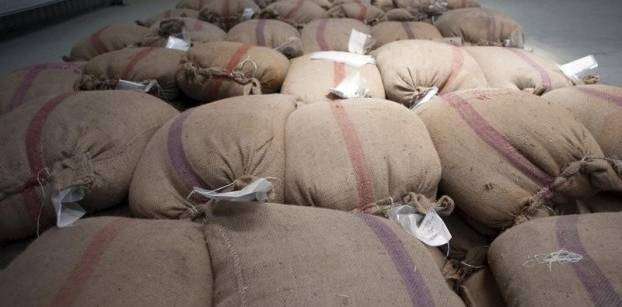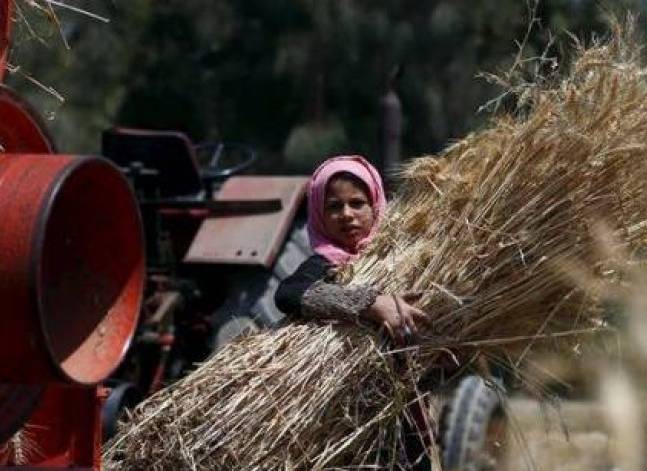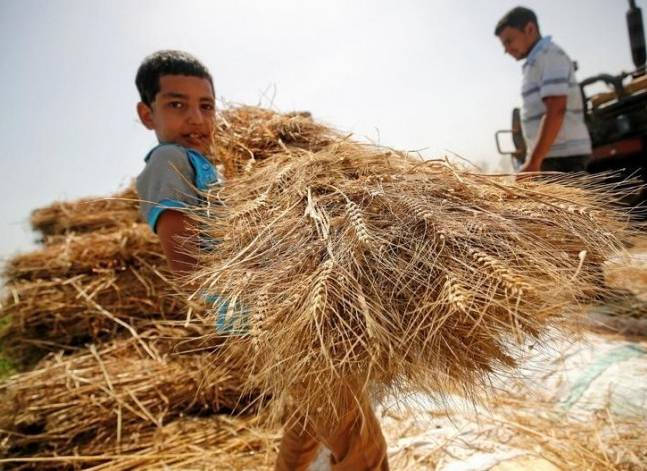Latest NEWS
- Aswat Masriya, the last word
- Roundup of Egypt's press headlines on March 15, 2017
- Roundup of Egypt's press headlines on March 14, 2017
- Former Egyptian President Hosni Mubarak to be released: lawyer
- Roundup of Egypt's press headlines on March 13, 2017
- Egypt's capital set to grow by half a million in 2017
- Egypt's wheat reserves to double with start of harvest -supply min
- Roundup of Egypt's press headlines on March 12, 2017
Russia seeks talks with Egypt on wheat supply delays
MOSCOW, Sept 12 (Reuters) - Russia is seeking talks with Egypt over the North African country's recent delays in approving Russian wheat supplies, Russia's food safety watchdog Rosselkhoznadzor said on Monday.
Egypt, the world's biggest wheat importer and the largest buyer of Russian wheat, has not issued approvals for Russian wheat shipments since Cairo adopted a zero tolerance policy on the ergot fungus in late August, according to the watchdog.
"There is no official rejection (from the Egyptian side),"Rosselkhoznadzor spokesman Aleksey Alekseenko told Reuters. "I think this question can be decided during talks between the two countries. We are preparing the official request this week."
Russia is the second country to experience difficulties with wheat supplies to Egypt, after Egyptian inspectors rejected a Romanian wheat shipment. A Romanian trading house later said it had declined to ship the 63,000-tonne cargo to Egypt due to the country's ergot policy.
The common grain fungus has become a cornerstone of Egypt's import policy this year, according to traders, limiting the purchasing power of Cairo's state grain buyer GASC. It has also been the subject of a debate between and within ministries which have sometimes undertaken different policies.
Ergot, which can cause hallucinations when consumed in large amounts, is considered harmless in low quantities and the standard international policy is to allow 0.05 percent ergot content in wheat imports.
Russia's wheat crop is expected to reach a post-Soviet record this year, making exports to Egypt even more important than normal.
Once started, the talks will run simultaneously with discussions on the possible resumption of Russian passenger flights to Egypt. After a Russian passenger plane was blown up in the air killing all on board last October, Moscow suspended flights to the country, hammering Egypt's tourist industry - a vital source of income for a battered economy.
(Reporting by Polina Devitt; Editing by Dmitry Solovyov and Mark Potter)














